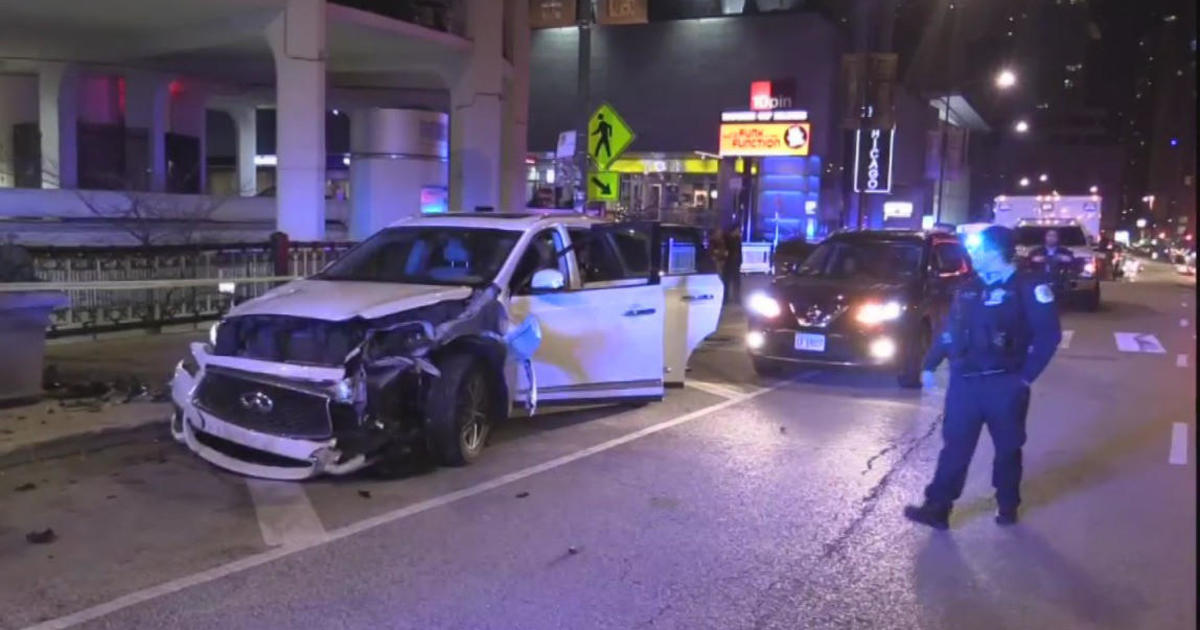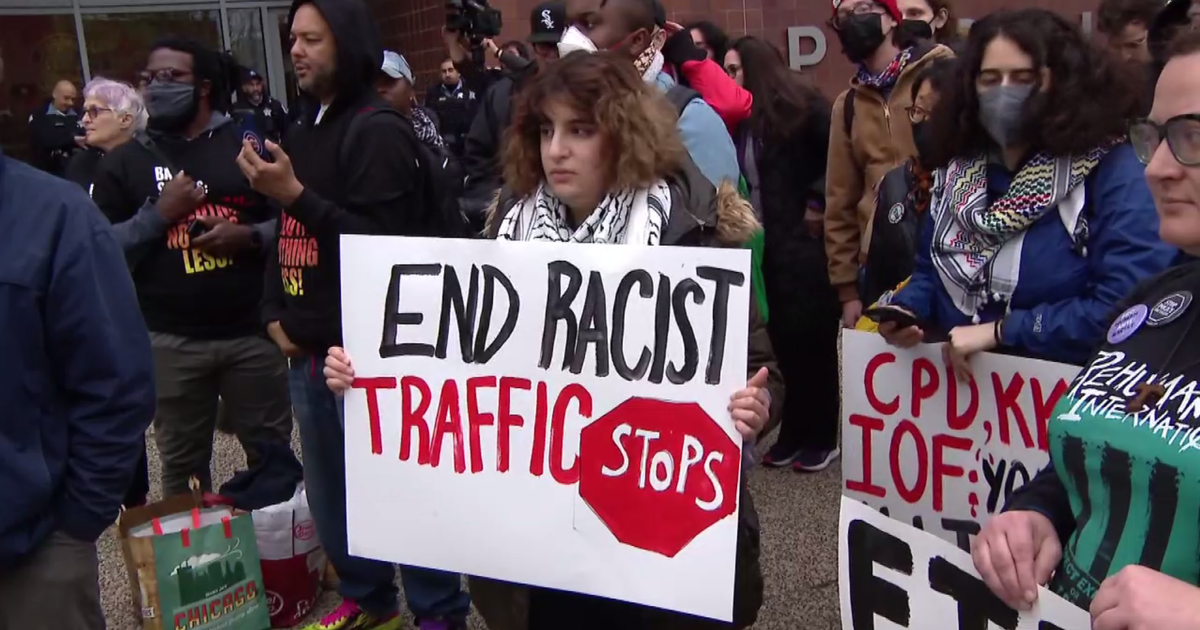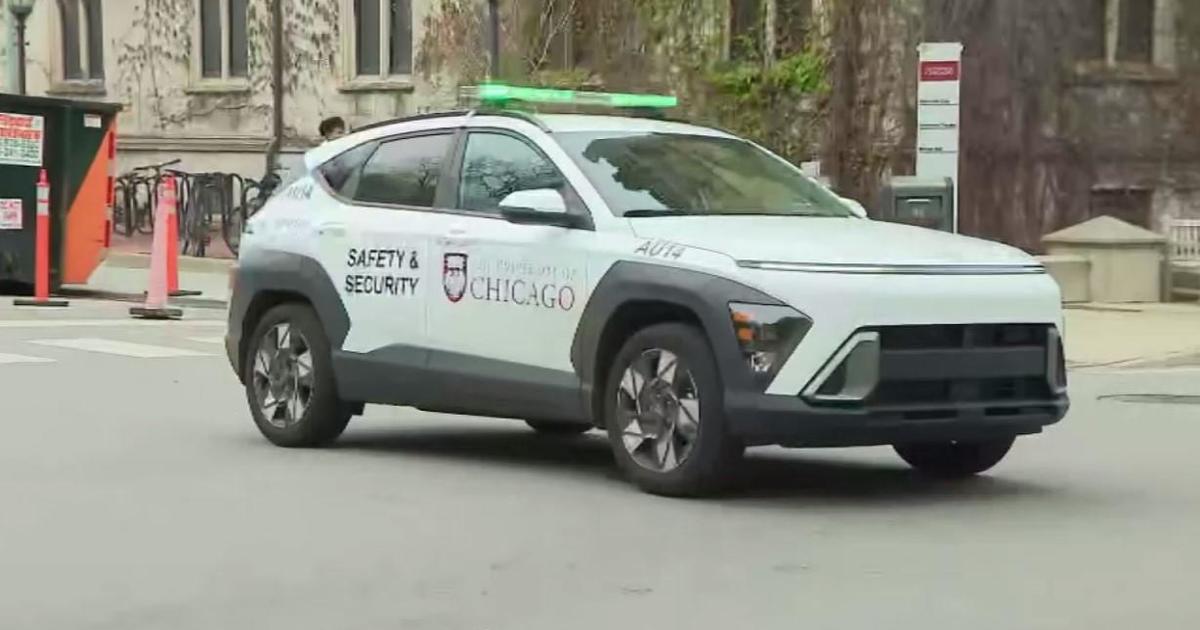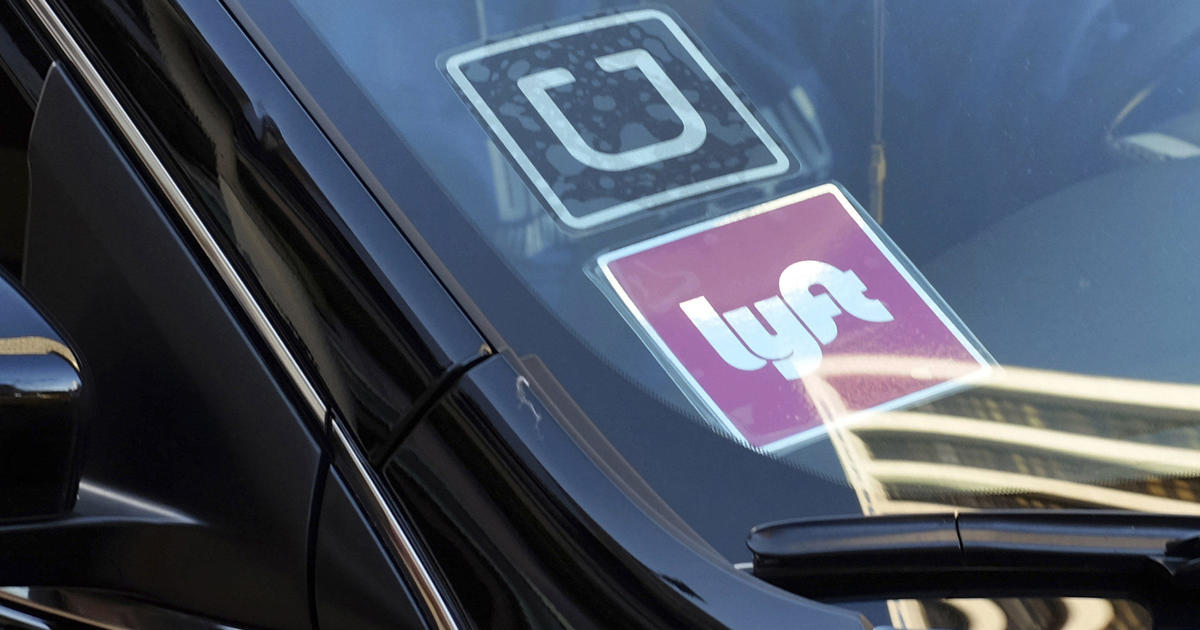Jury Awards $850K To Woman Beaten By Chicago Cop Anthony Abbate
Updated 11/13/12 - 6:17 p.m.
CHICAGO (CBS/AP) -- A federal jury has ruled against the city of Chicago and a former Chicago police officer, in a civil trial alleging a code of silence in the Chicago Police Department led to the brutal beating of a female bartender five years ago.
The jury awarded Karolina Obrycka $850,000 in damages for the injuries she suffered at the hands of off-duty officer Anthony Abbate in 2007, after he repeatedly punched and kicked her after she refused to continue serving him drinks.
"I would like to say thank you to the lawyers, the jury, and to everybody that supported me in this case for almost six years," Obrycka said after the jury handed down its verdict.
LISTEN: WBBM Newsradio's Lisa Fielding Reports
Podcast
Asked if the verdict would make it possible for her to move forward, and put the beating behind her, Obrycka said, "I hope so."
Obrycka's attorney, Terry Ekl, said "There was never any question, but that there is a code of silence alive and well in the Chicago Police Department, and we had the incredible burden in this case of proving that it was widespread and persistent. In other words, it had gone on for a long time, in a lot of different aspects of the Chicago Police Department. We proved in this case that the code of silence existed from the moment those patrolmen went into that bar and filed a phonied-up police report."
It's unclear how much of the jury award, if any, Abbate will have to pay. Ekl says the plaintiff offered to settle with the city before trial, but the city refused.
Abbate declined to discuss the verdict as he left the courthouse. He tried to avoid reporters by going directly to the Blue Line subway station outside the courthouse, but didn't have a fare card. He ignored reporters' questions as he bought a fare card and entered the subway.
The jury declined to speak to reporters immediately after the verdict.
The city of Chicago's Law Department issued a double-barreled written statement that criticized Abbate but denied culpability.
"Former Chicago Police Officer Anthony Abbate's unprovoked attack on Ms. Obrycka was inexcusable and unforgiveable, and we applaud the jury's decision to hold Abbate accountable for that attack," the statement said.
"However, we believe Mr. Abbate alone should be held accountable for his actions. The City of Chicago respectfully disagrees with the jury's decision that the City is responsible for Mr. Abbate's attack on Ms. Obrycka, and we intend to challenge that verdict through post-trial motions in the trial court, and if necessary, on appeal."
A surveillance video recording of the attack on Obrycka went viral and she sued Abbate and the city for damages.
During the civil trial, Obrycka testified that -- after she was beaten, kicked and punched -- she told the officer who arrived to investigate that she'd been attacked by a patron named Tony and that she thought he was a cop. She wrote down his last name on a scrap of paper and told the officer that a security camera had probably caught the beating on tape.
Yet none of that was in the police report filed by veteran officer Peter Masheimer. Asked about the gaps during the federal court trial, he testified repeatedly that he didn't remember.
The issue of an alleged code of silence in the Chicago Police Department has cropped up at other trials, but legal experts say this is the first where the issue is front and center -- the focus of nearly all testimony. The verdict in Obrycka's favor establishes a precedent and could open the floodgates to similar legal action.
An air of impunity bestowed by the code, Ekl told jurors last week, emboldened the hulking Abbate to walk behind the bar at Jesse's Shortstop Inn on Feb. 19, 2007, throw the slight bartender to the ground, and then repeatedly punch and kick her.
"He doesn't have any concern at all ... because it is in his DNA: Commit crimes and nothing happens to you," Ekl said.
Only later that night, he added, did Abbate realize a surveillance camera may have captured his attack, and he began frantically making calls to ask colleagues for help in keeping the matter quiet.
"He knew he had to trigger this code," Elk said. He alleged that the officers who Abbate relayed the information to also got "wheels of the code of silence" turning.
But in her closing arguments last week, city attorney Barrett Rubens told jurors that a drunk, out-of-control Abbate was acting on his own behalf the night of the beating -- not on behalf of police or out of any sense of police entitlement.
"He wasn't," she said, "(a) monster that the city created."
The fact that Abbate was eventually charged and convicted, Rubens said, proved that the system worked. Abbate was convicted of aggravated battery in 2009 and sentenced to probation.
Abbate was the first witness at the civil trial, testifying he was bent on drowning his sorrows on the day of the beating because he had just learned his dog was dying from cancer. He told jurors, "I was on a mission to get inebriated."
Former Chicago Police Supt. Richard Brzeczek, who was the city's top cop in the 1980s, says he's not surprised the jury bought into the conspiracy theory.
"The practice of the code of silence in the Chicago Police Department is at epidemic levels," he tells CBS 2's Mike Parker.
He predicts the police officials implicated in a cover-up will not suffer professionally.
"Nothing will happen," Brzeczek, now a defense attorney, says.
(TM and © Copyright 2012 CBS Radio Inc. and its relevant subsidiaries. CBS Radio and EYE Logo TM and Copyright 2012 CBS Broadcasting Inc. Used under license. All Rights Reserved. This material may not be published, broadcast, rewritten or redistributed. The Associated Press contributed to this report.)



